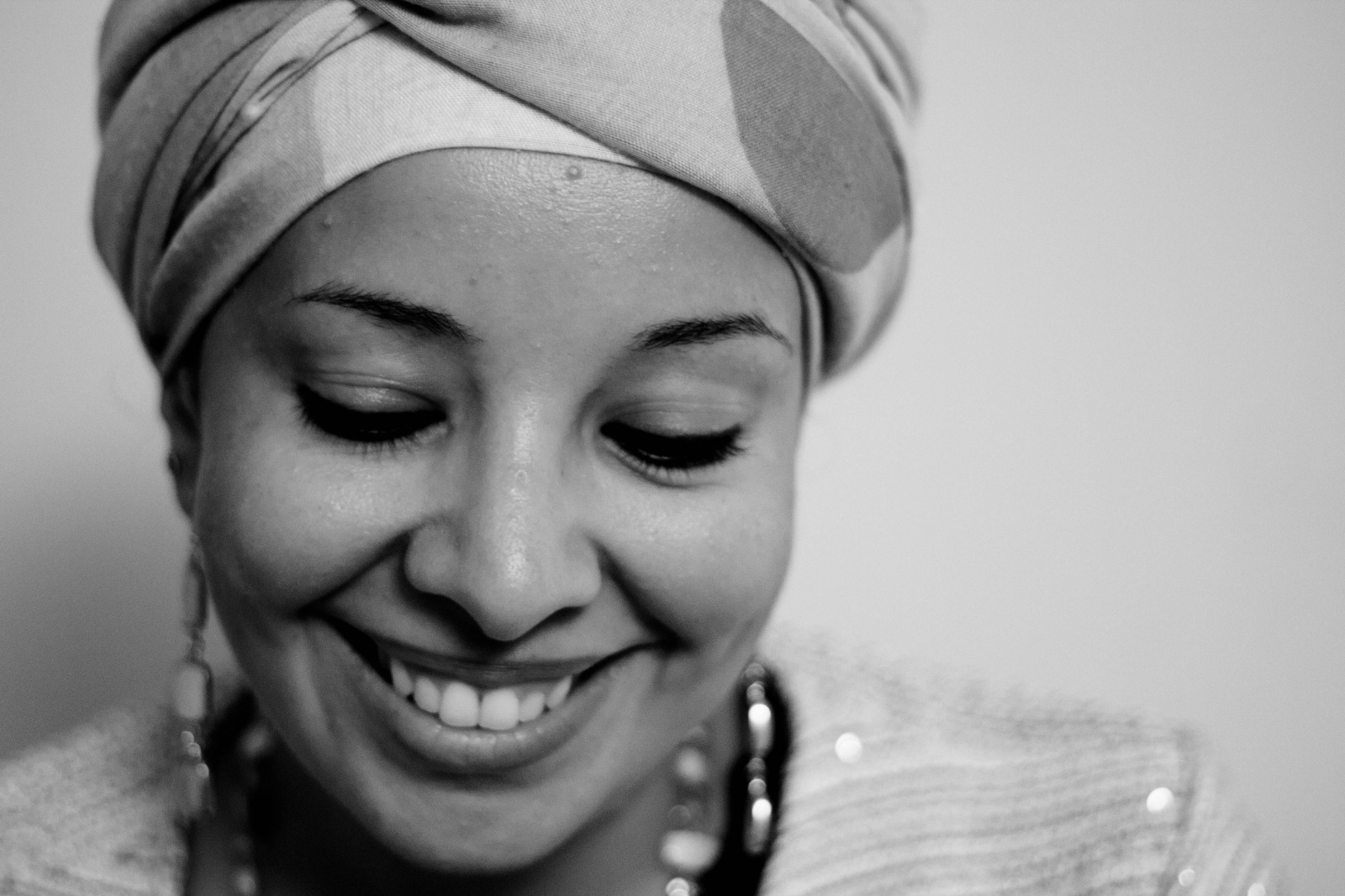| CANAL CES |
| PODCAST |
| TEMAS |
| PESSOAS |
|
Interview by: Gaia Giuliani Este podcast faz parte da série de 28 podcasts realizados sobre o caso português e italiano no âmbito do projeto de investigação de 36 meses (2018-2021) (De)Othering: Desconstruindo o Risco e a Alteridade: guiões hegemónicos e contra-narrativas sobre migrantes/refugiados e “Outros internos” nas paisagens mediáticas em Portugal e na Europa, que pretendeu analisar criticamente representações mediáticas de migrantes, refugiados e “outros internos” em Portugal e na Europa, mapeando as suas interconexões com narrativas produzidas no domínio da segurança e no quadro da Guerra ao Terrorismo. O seu foco, uma análise de Portugal à luz de estudos de caso europeus profundamente afetados por ameaças terroristas (Reino Unido e França) e por fluxos migratórios/de refugiados (Itália e Alemanha), pretende investigar a construção de narrativas transnacionais de risco que permeiam a Europa independentemente da sua exposição “diferenciada”. O projeto foi financiado pelo pelo FEDER – Fundo Europeu de Desenvolvimento Regional através do COMPETE 2020 – Programa Operacional Competitividade e Internacionalização (POCI) e por fundos nacionais através da FCT – Fundação para a Ciência e a Tecnologia (Referencia Projeto: POCI-01-0145-FEDER-029997) ----- English Version This podcast is part of a series of 28 podcasts produced on the Portuguese and the Italian cases as outputs of the research undertaken in the 36 months project (2018-2021) (De)Othering: Deconstructing Risk and Otherness: hegemonic scripts and counter-narratives on migrants/refugees and ‘internal Others’ in Portuguese and European mediascapes that sets out to critically examine media representations on migrants, refugees and ‘internal Others’ in Portugal and across Europe while mapping out their interconnections with particular narratives in the field of security and within the War on Terror. Its focus – an analysis of Portugal in the light of other European cases affected by terrorist threats (United Kingdom and France) and by migrant/refugee flows (Italy and Germany) – aims to explore the construction of transnational narratives of risk pervading Europe regardless of the ‘differential’ exposure to them. The project was funded by FEDER – European Regional Development Fund through the COMPETE 2020 – Operational Programme for Competitiveness and Internationalisation (POCI), and by Portuguese funds through FCT in the framework of the project 029997 (Reference: POCI-01-0145-FEDER-029997).
Marwa Mahmoud is an Italian-Egyptian city councilor of Reggio Emilia, President of the city commission for “Human Rights, Equal Opportunities and International Relations”. She holds a degree in Languages and Foreign Literatures from the University of Bologna and has worked within the field of interculture with the Centro interculturale Mondinsieme (the Cultural Centre “Mondinsieme”) for over ten years. Summary of the podcast In this episode, she discusses the images of the migrant refugee crisis that mark mainstream communication at the national level. Especially on TV, media channels propose impactful images that define migratory flows and migrants without considering the individual experiences of migrants in Italy, bringing forward a process of dehumanization.
As an example, Mahmoud recalls the image of the 2013 shipwreck in Lampedusa, underlying how these journeys are undignified because of their illegality, issuing criminal records to undocumented migrants as soon as they arrive to Italy, branding them criminals from the start. Furthermore, the Bossi-Fini law (2002 law which criminalizes undocumented immigration) and subsequent decrees made migrants, even long-term ones, second-class citizens. From Mahmoud’s analysis emerges a form of humanitarianism narrated as paternalism or welfarism: “I helped you, why should I also allow you to speak?” This process fuels the idea that the other is not civilized and must be emancipated, and it is here that Mahmoud identifies the point of engagement for the process of dehumanization. To conclude, Mahmoud traces the influence exerted by the events following September 11, 2001, by shedding light on how the stereotype of the Arab terrorist was not countered by the ruling class, but rather emphasized through the mirror image of the submissive and unemancipated Muslim woman. This remained the contextualizing frame for every news item involving Muslims: headlines and narratives that mar the lives of communities made up of women, men, and children. For all these reasons, Mahmoud argues that telling people’s stories remains the key to restoring dignity. pessoas
ligações
|





 Bio of the speaker
Bio of the speaker